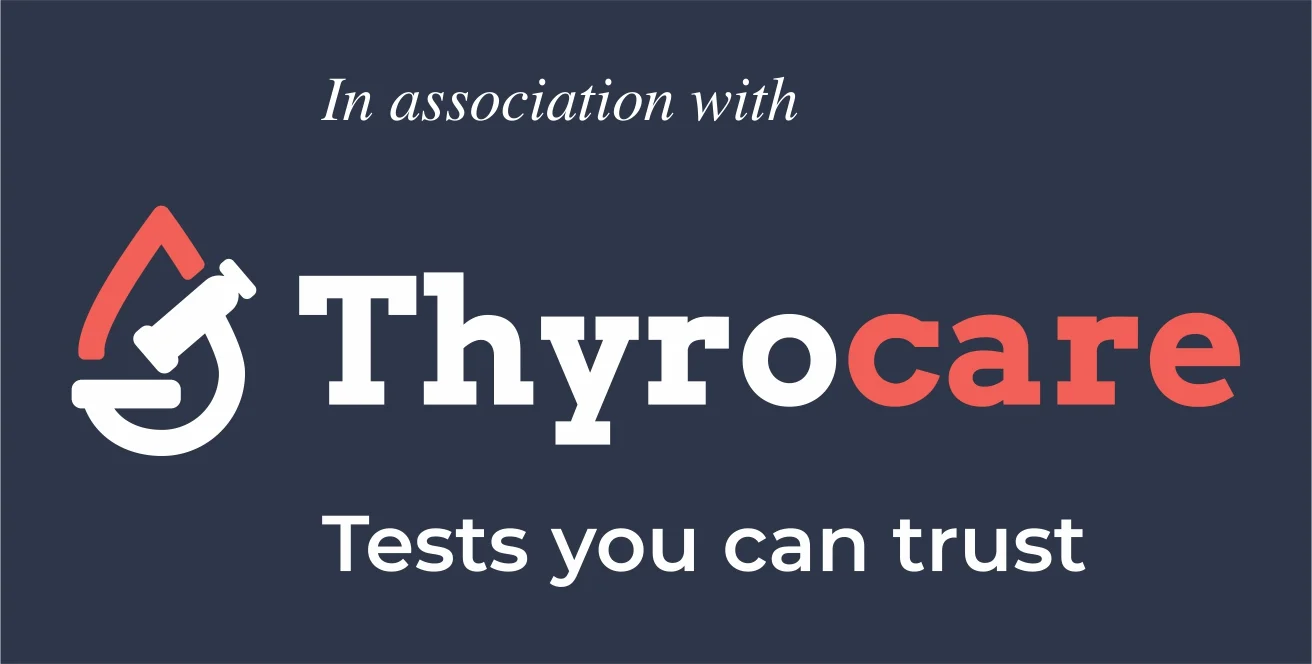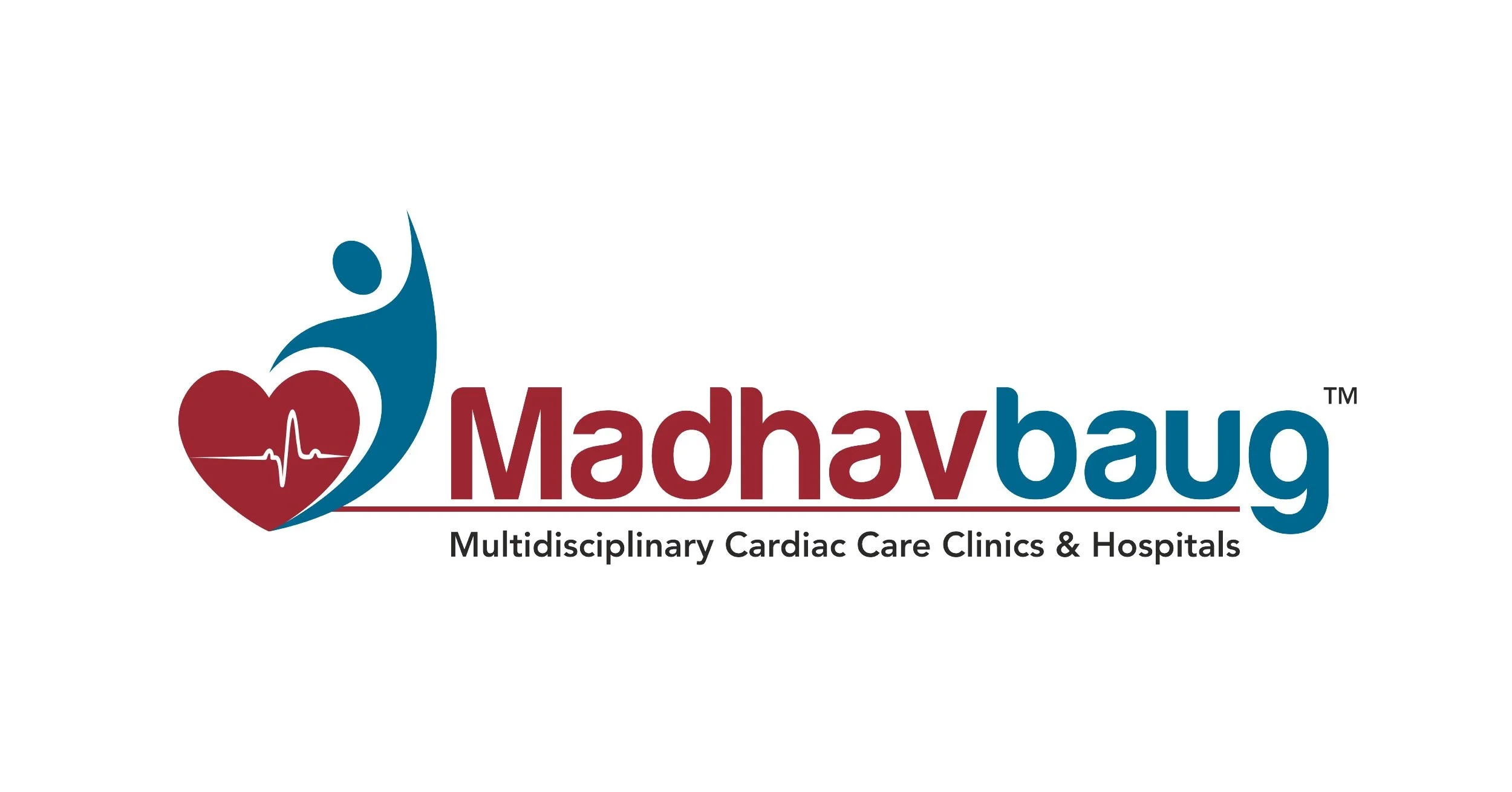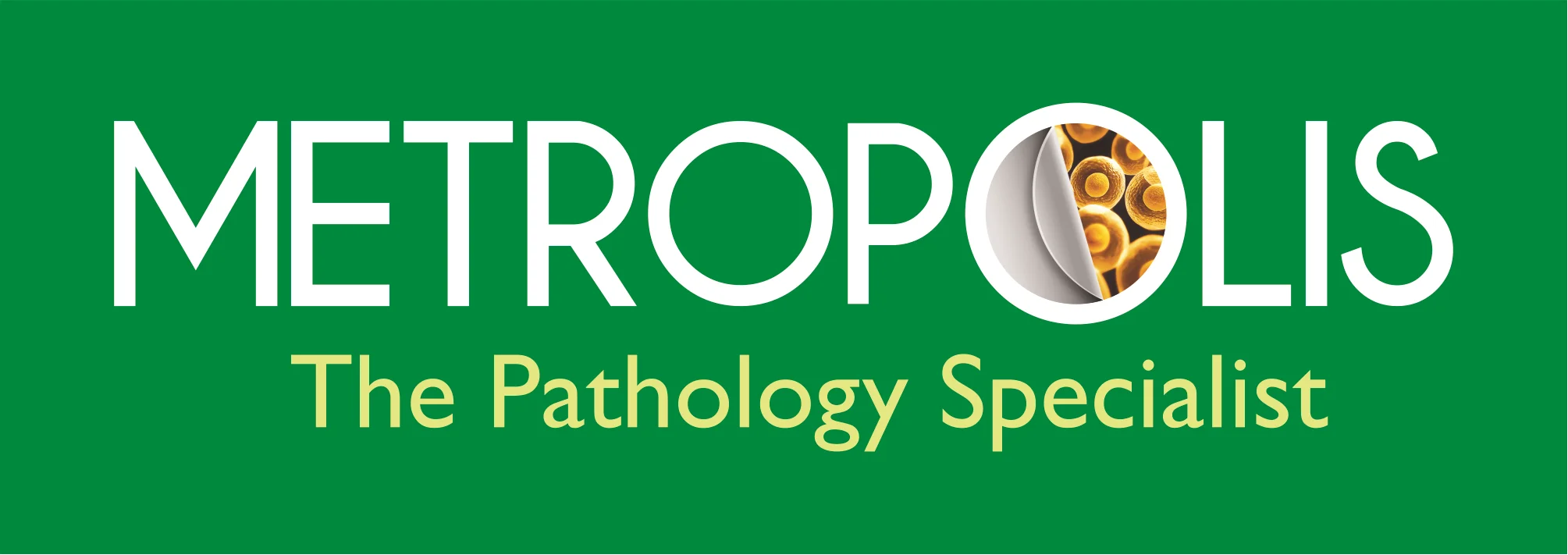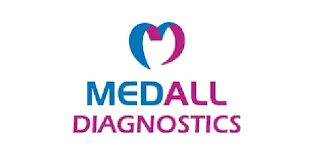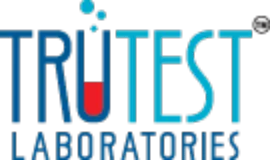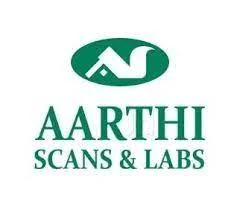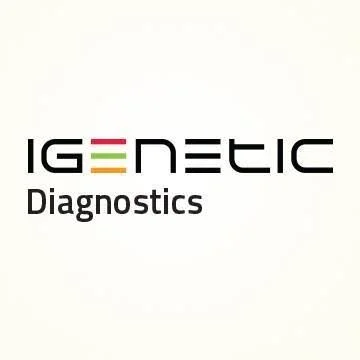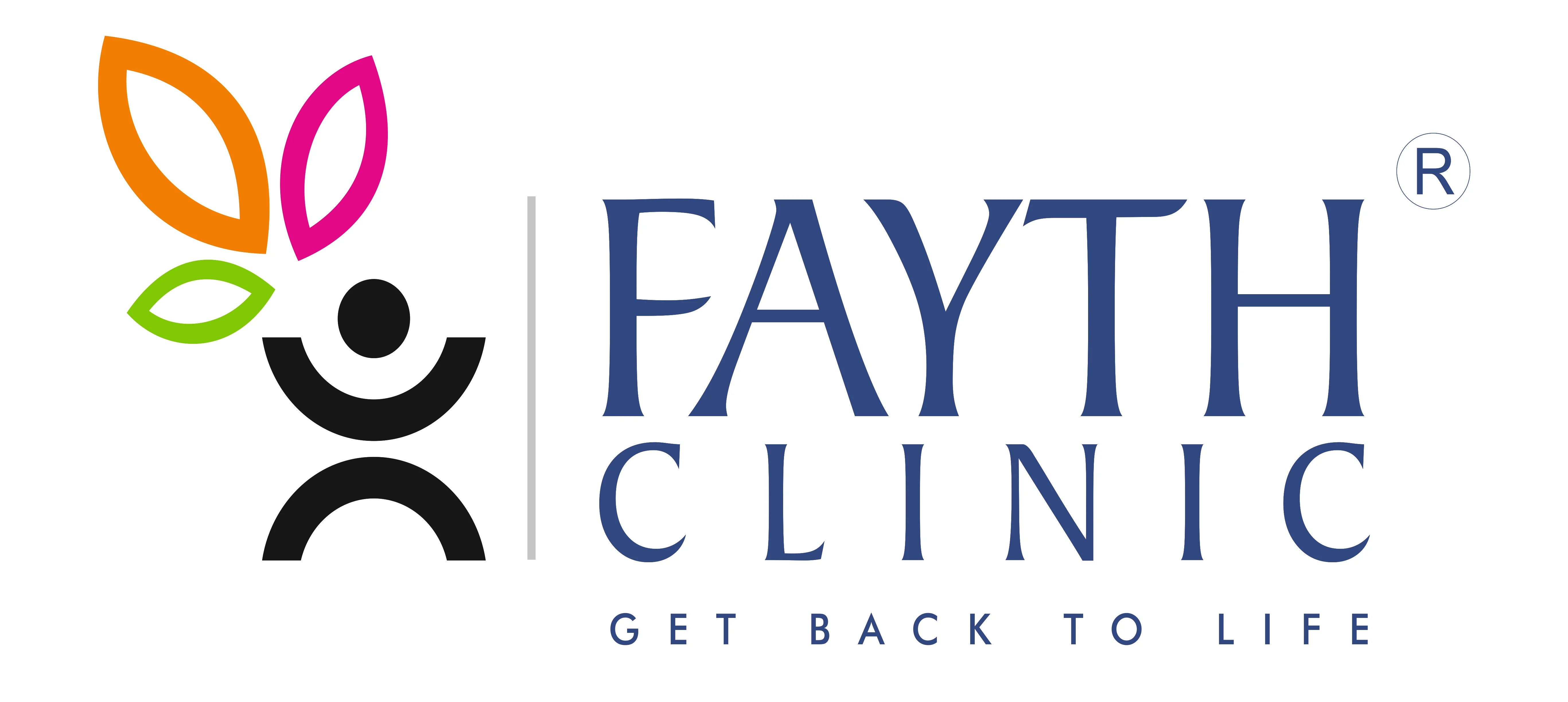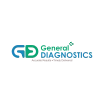RT-PCR Test
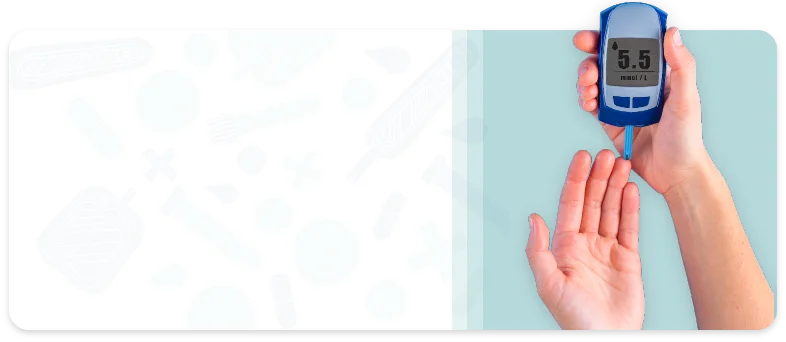
1 Packages included
Specialised Plans
with Doctor consultations, Lab Tests and more
Basic
24/7 Doctor-on-Call Health Package
₹1799
Advance
24/7 Doctor-on-Call Unlimited Health Package
₹1999
RT-PCR Test
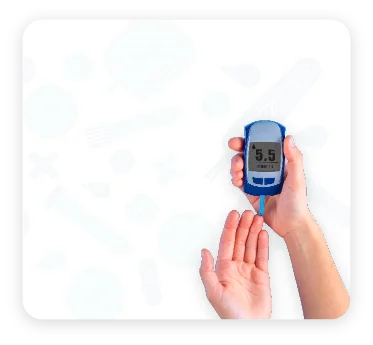

RT-PCR Test
₹599
₹1000
40%
(Inclusive of GST*)
Why Choose Livlong 365?

Free home sample collection

Authentic reports

Reports within
24 hours

NABL Accredited
Labs

Servicing
19000+ pincodes
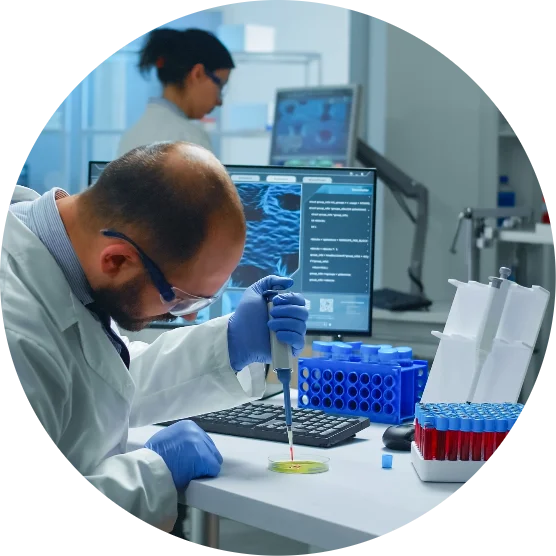

Authentic Reports
From NABL certified labs across India

